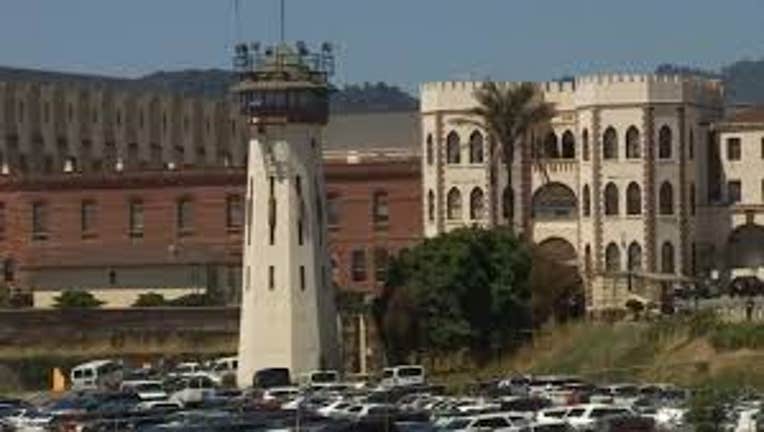California prisons will soon resume limited in-person visits

SACRAMENTO, Calif. - California state prisons will soon resume limited in-person visits with inmates more than a year after they were halted because of the coronavirus pandemic, officials said Tuesday.
Visits will start April 10 as the prison system stabilizes after outbreaks that killed 216 inmates and 26 employees.
Precautions will include temperature and symptom screenings, coronavirus testing, physical distancing, face masks, and limits on the number of visitors and length of time they can stay, the department said, with more details and steps to schedule visits coming soon.
Top officials at each prison will decide if the entire facility or portions may allow in-person visits, with online updates so families can plan. As a result, opening dates may vary depending on active cases, and visiting could be again be suspended if conditions worsen.
Corrections Secretary Kathleen Allison said in a statement that the department "recognizes the value of visitation for the incarcerated population and the importance of maintaining family and community ties."
- San Quentin prison fined with record amount from California workplace safety agency
- Inspector General: California prison transfers during coronavirus caused public health disaster at San Quentin
The system’s worst outbreak came after a botched transfer of inadequately tested inmates in late May that sickened most of the population at San Quentin State Prison north of San Francisco, killing 28 inmates and a correctional officer.
But corrections officials reported just 32 active inmate cases and 331 infected staff Tuesday. Twenty-two of the state’s 35 prisons had no known cases.
All told, more than 16,000 employees and 49,000 inmates were infected during the pandemic.
Since then, nearly 45,500 inmates and 26,500 employees have received at least one inoculation.
The department ended in-person visits in March 2020, allowing visits only by phone or video-conferencing. Video visitation will continue at prisons and firefighting camps where it’s feasible, the department said.

